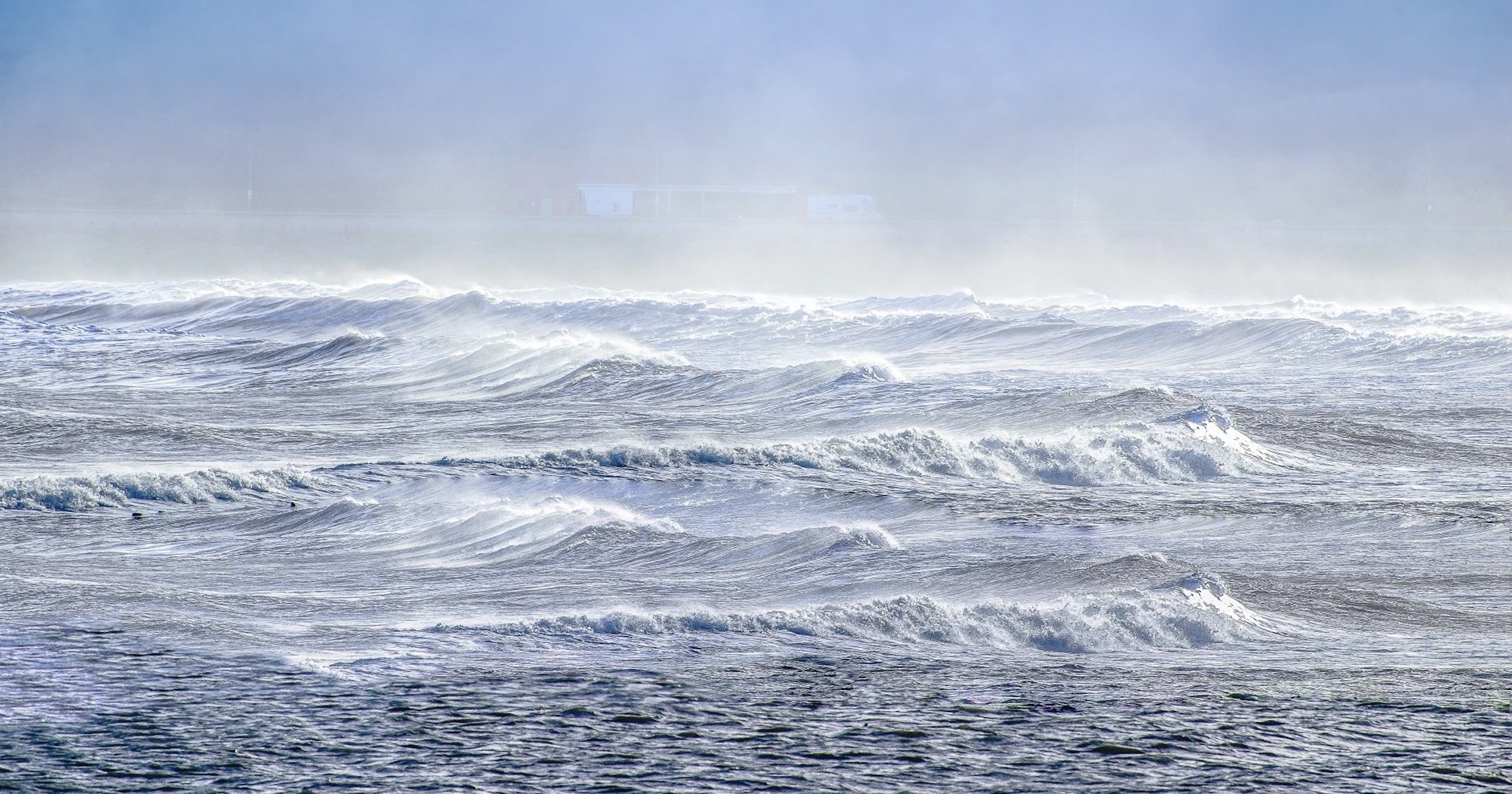 Culture & Ethics
Culture & Ethics
Woke Science: Prestigious Biology Journal Claims “Ocean” Is a “Living Entity” with Rights

I have been warning that the “nature rights” issue is moving very quickly from the fringe to mainstream environmentalism. Now, a major essay in a prestigious, peer-reviewed scientific journal argues that oceans are a “living entity” entitled to rights.
Before we start, note how science itself has been corrupted by woke assumptions. The language deployed is the same woke gobbledygook you would expect to see in a vapid university Deconstructing English Literature class. From, “Living in Relationship with the Ocean to Transform Governance in the UN Ocean Decade,” published by PLOS Biology:
Rights of Nature is one legal framework within the body of Earth law. As evidenced by global comparative studies, Rights of Nature recognizes Nature as a living being with inherent rights and that society has a right to defend and protect Nature. Therefore, the emerging Rights of Nature movement seeks to illustrate Nature as valued for itself (intrinsic value), no longer viewed as an object or property, but as a subject with rights. As such, references to the Ocean, Ocean-centered governance, and Nature are capitalized in this Essay to be consistent with the Rights of Nature framing and recognition as a legal entity and noun. [My emphasis.]
The essay claims that the oceans — I refuse to use “Ocean,” as if seas are a single living entity — have agency:
By positioning the Ocean as a living entity with inherent rights, governance advances understandings that the Ocean has agency, is an actor worthy of representation, and that democratization of global Ocean governance must be inclusive of Ocean values and diverse “waves of knowing” or deep ancestral knowledge and connections to place that center Ocean relationality. [My emphasis.]
Not a Sentient Being
This is irrational and a-scientific. The oceans are not a sentient being. They are geological features. Water is not alive, it supports life — all of which would also have rights as part of either nature rights or ocean rights.
The essay calls for “Ocean-centered governance,” which would allow “anyone” to enforce the rights of nature and assign guardians to represent “Ocean,” meaning, of course, ideologues like the authors (two of whom work at the Earth Law Center):
Ocean-centered governance ensures the agency or representation of nonhuman stakeholders in decision-making processes, such as through human guardians (other terms used include protectors, stewards, trustees, and custodians) and recognizes the global population as including all species, with humans as just one entity within the system, thereby constraining economic activity within ecological limits. [My emphasis.]
Ideology, Not Science
Again, this is not science, but radical ideology, promoted by non-scientists in a supposedly scientific journal. The ideas presented are akin to the Gaia Theory which sees the entire earth as a living entity. The goal of “constraining economic activity” is clearly stated, which of course means restraining capitalism and installing an international socialized technocracy to govern the use of ocean resources.
The “Ocean rights” approach would make the creatures of the sea co-equal with humans and restrain human uses of the ocean to ensure that animals and plants therein are able to live natural life spans:
Linda Sheehan postulates a definition of health as “normal form and function” over a long period of time and “demonstrat[ing] sufficient organization, vigor, and resilience to allow ecosystems and species to exist, thrive, and evolve as natural systems within the context of their expected natural life spans”. Ocean-centered governance recognizes Oceanic ecosystems as all intrinsically valuable and determines metrics for what constitutes a “healthy” Ocean as defined by the Ocean’s intrinsic needs, including chemical, physical, and biological needs, rather than the Ocean’s utility as a human resource or economic benefit. [My emphasis.]
It is a very long essay, but you get the gist. The goal is to move away from a proper regulatory approach to conserving and husbanding ocean resources to the establishment of an international technocracy — rule by experts and ideologues — that would treat humankind as merely one species among the rest, an earth-religion approach that would substantially harm our thriving and freedom.
Cross-posted at The Corner.
